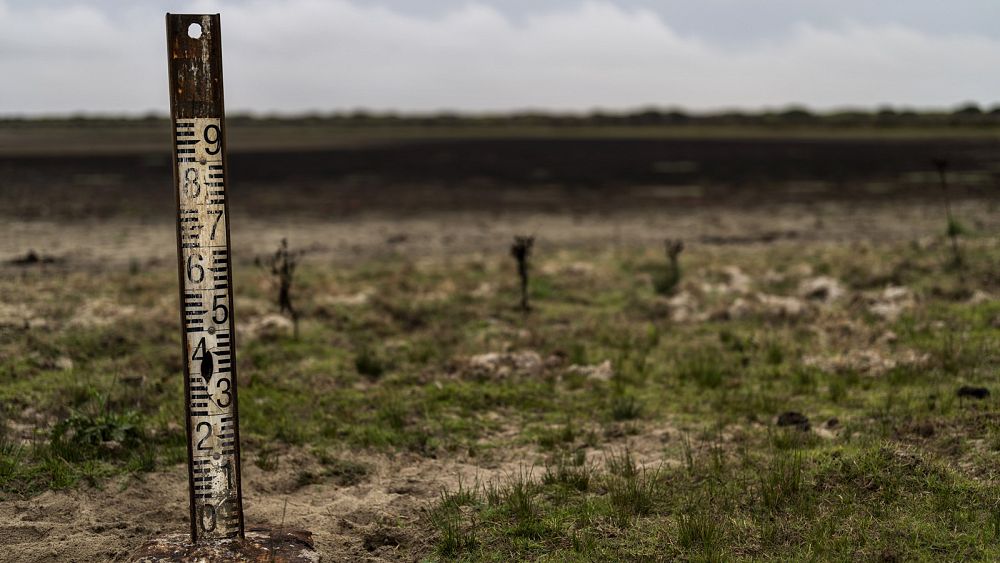
A group of NGOs has handed the European Commission a petition with more than 260,000 signatures to protect Spain’s Doñana National Park.
The proposed legislation has unleashed a political storm, pitting Spain’s progressive parties, which control the central government and forcefully oppose the Andalusian measure, and the conservatives, which recently made gains in local elections.
The dispute reached Brussels after the European Commission publicly voiced concerns about the plans and urged the Spanish authorities to abide by a ruling issued in 2021 by the European Court of Justice.
The court had condemned Spain for failing to adequately protect the park against “excessive abstraction of water” and the ensuing damage to its habitats.
Doñana, which has the legal category of a natural reserve, is renowned for its unique ecosystems and rich wildlife, including endangered species like the Iberian lynx. It also represents an important route for millions of birds that every year migrate from Northern Europe to Africa every year.
But this rich biodiversity has for decades been under the pressure of intensive farming, over-exploitation, the draining of marshes, the prevalence of illegal wells and the continued influx of tourists, adding to the woes caused by climate change.
The draft law has further compounded the anxiety about the park’s future as reflected in the 262,728 signatures gathered by the Ecologistas en Acción, Salvemos Doñana, SEO/BirdLife, Wemove and the World Wildlife Fund (WWF).
The NGOs met on Wednesday afternoon with Virginijus Sinkevičius, the European Commissioner for the environment, and personally handed him the collection of signatures, in a direct appeal for action to safeguard Doñana’s aquifers.
“We want to stop this law. We came here because we want to stop it. And we’re going to do everything possible,” Nuria Blázquez, from Ecologistas en Acción, told Euronews before heading to the meeting.
“If we don’t stop it before it’s approved, it’ll be stopped by the European Commission or the Spanish people because we cannot allow the destruction of Doñana.”
The NGOs called on Sinkevičius, who has spoken in defence of the natural reserve, to take legal steps but the executive cannot launch a formal case until the law goes through the Andalusian parliament and enters into force.
The legislative process is currently on hold, pending the snap general elections scheduled to be held on 23 July.
Juan Manuel Moreno, the premier of the Andalusian government, said last week he was open to the “possibility of including modifications that could improve the legal text,” even if the period to table amendments has already passed.
“No position should be immovable,” Moreno said.
The premier, however, defended the essence of the law and argued it was necessary to “provide an answer” to around 1,500 farmers who today work in legal limbo and whose harvests suffer from persistent drought.
The agricultural production in Doñana has a strong focus on red fruits like strawberries, which require consistent and abundant irrigation.
Moreno has previously said the expansion of watering areas would cover between 700 and 800 hectares. But according to an estimation released by WWF, the law, in its proposed form, would legalise up to 1,900 hectares.
The NGOs have used the new figure to support their opposition campaign against what they call an “ecological attack” on one of Europe’s most important wetlands.
“Politicians have a short-term view of winning elections every four years. You have to have a long-term vision. Today, you have to be coherent with what the experts say and what’s going on: we’re going to have less water, we’re going to have higher temperatures,” said Felipe Fuentelsaz, from World Wildlife Fund Spain.
“Therefore, betting on economic activities that necessitate an intensive usage of water means taking a step back. It’s a step back.”